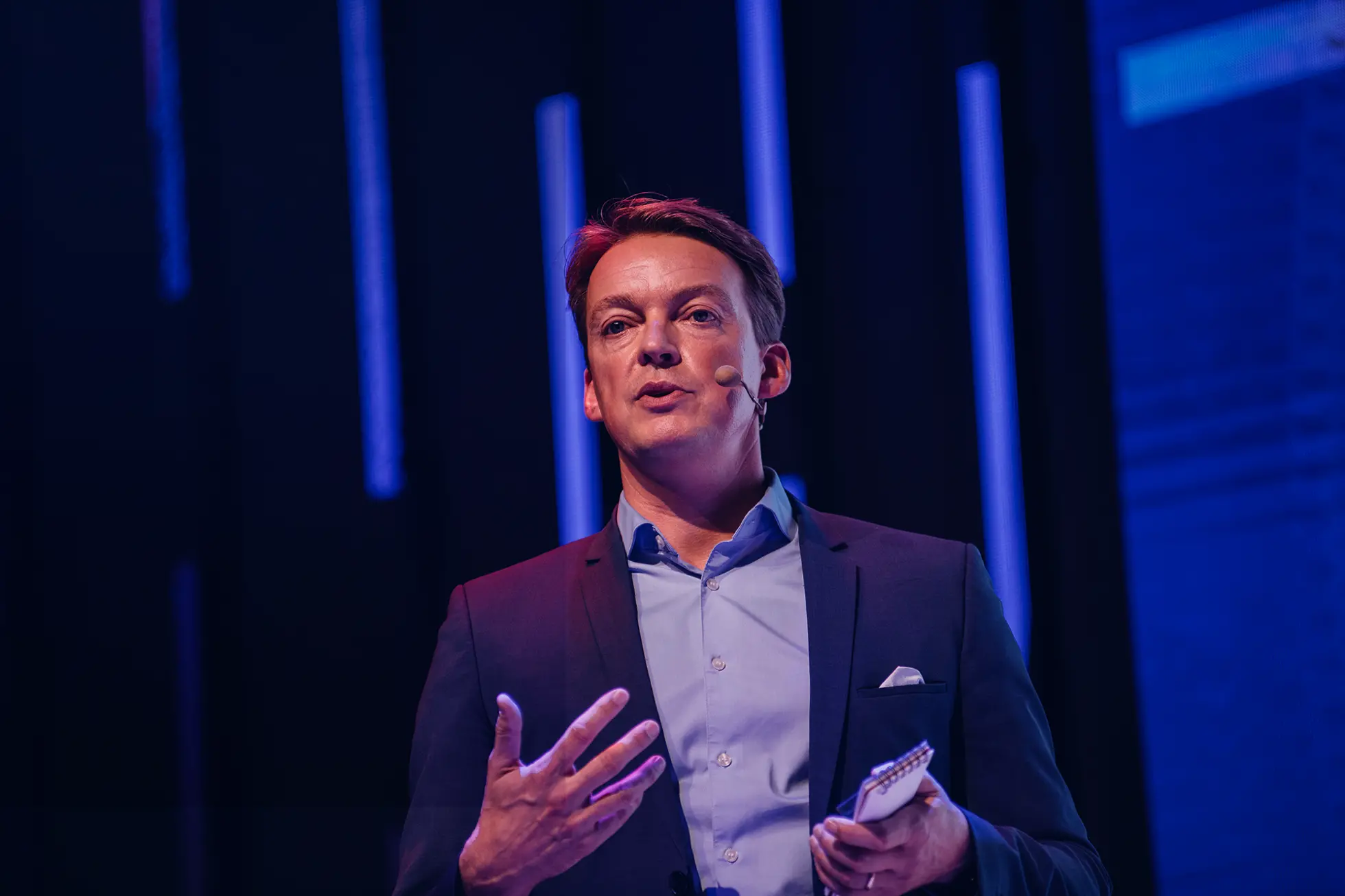

"Increasingly businesses are going to be talking around customer-centricity,” Alex told the P3 Momentum conference. “Supply chains will be built around consumers.”
Customer demand and new technologies are combining to create a new type of retail, in which it’s quick and cost-efficient to individually tailor products.
“Unlike in the past, where there was mass-production of a single product, we're now heading into a world where customers really can personalise what they're ordering,” he explained. “In the sense of, a pair of shoes with your child’s actual name on, designed for them. The level of personalisation is gathering pace very quickly.”
According to Alex, “Supply Chain 4.0” depends on five other pillars.
First, firms must break down silos and work towards a “synchronisation of flows” as new technology enables the tracking of goods with ever-greater accuracy.
The second pillar, “fast logistics”, raises the question of whether one-hour delivery is a sustainable business model.
Read P3 Momentum keynote speaker Sean Culey’s advice on riding the “6th wave” of innovation.
Many of the industry’s most exciting developments will be driven by Big Data, offering unprecedented insights into consumer behaviour.
Alex also sees a big shift towards “green logistics”, with zero-emissions and carbon neutrality becoming the norm, and consumers rejecting excess packaging.
Talking to P3 Live after his presentation, Alex summed up his key message: “Traditional companies with traditional organisational structures need to change very quickly because the disruptors are coming, and are already disrupting quite significant parts of our business,” he explained. “In other areas, they're disrupting our business but it's not yet visible.”
Looking ahead to 2050, DHL envisions a world in which the movement of goods is entirely digital and “dematerialised”, thanks to advances in 3D printing. Products will be “shipped” only as code, then “materialised” at their destination.
Vision 2050 also foresees a big shift to virtual shopping, in which customers can feel and even smell products before they ever see them.
The big challenge for DHL, Alex says, is “ensuring that we've got our customers lined up for the journey. Customers that are looking for long-term contracts, long-term partnerships with DHL. That greatly enhances our ability to invest and transform their supply chain. Short-term contracts, short-termism generally, doesn't take us on that road.”
Asked for his views on specific technologies and trends, Alex says the buzz around hyperloop is more than just hot air, but he sees a specific use for the high-speed vacuum tube train concept.
“Due to the costs of setting up hyperloop technology, I think you’ll find a number of large cities interconnected with hyperloop systems,” he told P3 Live. “I don't think hyperloop will be delivering to corner shops. It might be that they’re delivering to hubs in cities, and then another technology is taking [deliveries] to the consumer.”
Amidst all this transformation, including real-time, on-demand production, Alex believes there will still be a role for large warehouses.
“I think there will be a need for warehouses, but green warehouses that are carbon-efficient, or carbon-neutral even,” he said.
“Movements through a warehouse will become faster. Instead of businesses that have a stock turnover of, say, four or four times a year, you might see that accelerate to 15 or 20 times. That could be one scenario. Another scenario is warehouses being transformed into shopping experiences, or 3D printing manufacturing sites.”
Unlike some of the more pessimistic prognosticators, Alex still sees a key role for people in Supply Chain 4.0.
“When we talk to customers, we need a person there,” he says. “I could not put a robot in front of a customer and ask them to build a relationship. That's many, many moons away.”
“Some roles may be replaced by robots or autonomous driving vehicles but there are also extreme developments around co-working alongside robots. We call them ‘co-bots’.”
A specialist in Supply Chain & Operations Innovation, Alex is responsible for driving DHL Supply Chain’s eCommerce and digitalization strategies forward with customers. Fluent in Swedish, German and French, Alex joined DHL in 2004 and previously worked as managing director for Norway and Denmark. He’s also a qualified language and sports teacher.